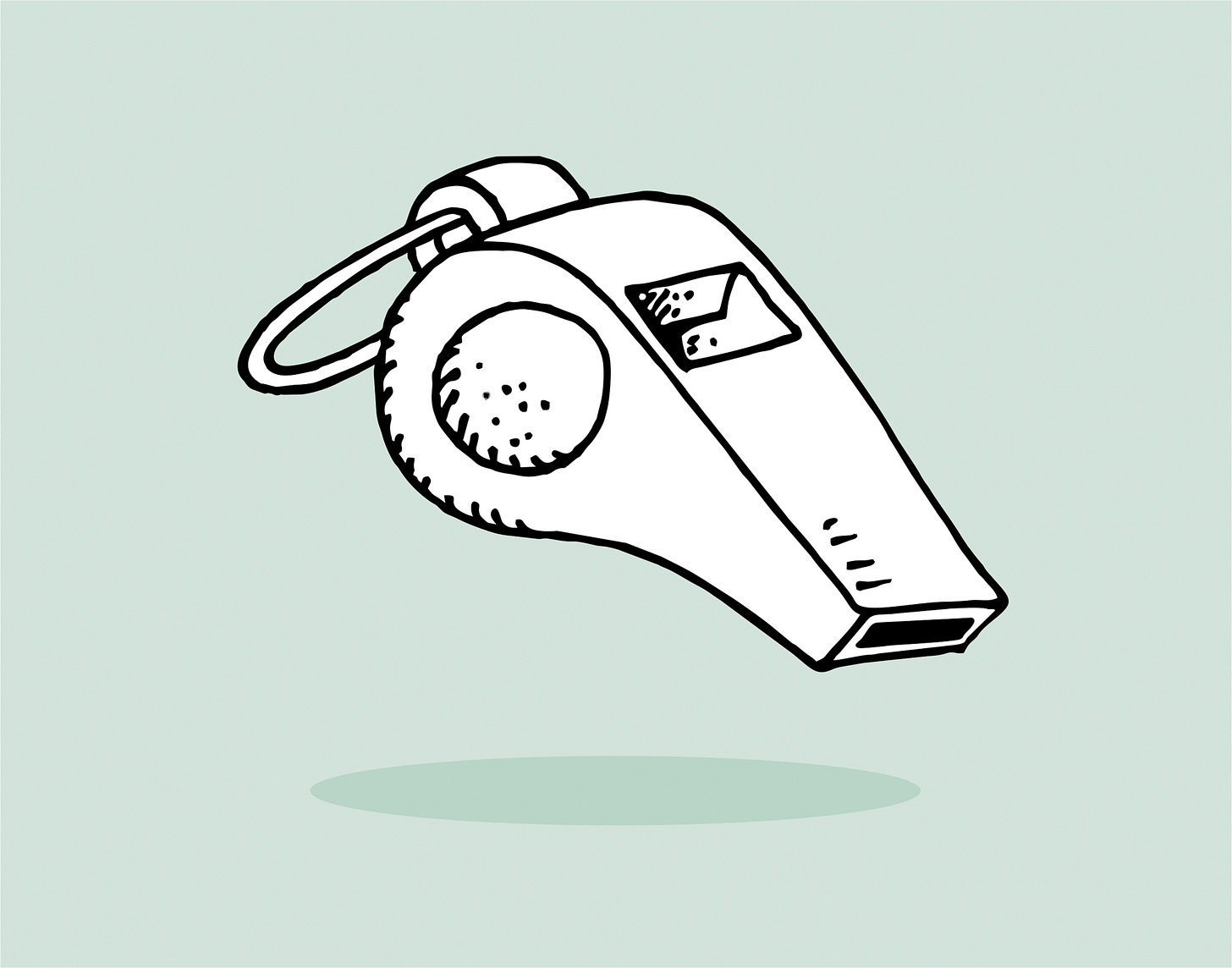The internet needs better rules, not stricter referees
People are taking the wrong lessons from the Facebook Papers
The recent Facebook leaks have prompted a torrent of proposals for fixing social media’s harmful effects on society, including demands for more oversight by company executives, boards, or regulators. None of these addresses the core problem of the attention economy, which no amount of top-down control can fix.
The real problem is at the foundation: a business model that sells people’s attention to advertisers, which motivates companies to reward the content that most effectively manipulates people’s emotions. That in turn, because of the platforms’ scale and dominance, has knock-on effects for all of media, culture, and politics. The only path to a healthier internet is to build a new foundation, with a model that gives power back to people.
Social media giants already have too much control over discourse. They have user populations greater than the population of any country on earth, and their moderation policies affect many times more people than the First Amendment does. We should be wary of inviting these companies to referee discourse even more than they already do.
Instead, the key to a healthier platform is to flip the power dynamic: give the people themselves the power to choose what they pay attention to. Let the will of the people control their feeds, not the other way around. Instead of removing people’s agency by manipulating their attention in favor of the most profitable and provocative content, let them seek out what they really value. Other than in extreme cases involving violence or illicit activity, people should be allowed to decide for themselves who’s worth listening to, what’s trustworthy, and which direction is punching “down.”
Beyond being undesirable, relying only on top-down moderation is ineffective: tech companies didn’t invent teen insecurity or tribal resentments, and they won’t fix those problems through censorship whack-a-mole. There is no world in which all vexing views can be banished. And if there were, none of us should want to live in it.
There will be no perfect internet, but there can be a better one. A healthier internet requires overhauling incentives by putting people back in charge. While tech companies can’t filter only the good parts of human nature, they can stop amplifying the bad and the ugly. Through business models that let people choose to pay with money instead of attention, we can foster discourse that is more thoughtful, civil, and intellectually diverse. This kind of model respects people’s agency and judgment by inviting them to mindfully seek out valuable ideas rather than mindlessly scroll through a feed of promoted content.
People will hate-read and doom-scroll, but they won’t hate-pay or doom-subscribe. While people pay attention to content that makes them agitated, they’ll only pay money for content they trust and value. With this kind of model, free content can still exist, but it will be truly free — not masquerading as such while quietly extracting costs in the form of personal data or manipulated behavior. The profit driver is no longer exploiting emotions, but fostering trusting relationships between the people who create content and the people who consume it.
Giving social media giants more ways to curate communication or demanding that they whack more moles won’t solve the problem of perverse incentives. Instead, we should seek to foster business models that generate profits by serving people, not advertisers.
Facebook isn’t malevolent and it isn’t unique — it is, like many of its peers, captive to that original sin of the internet, the ad-based business model. But the rest of us don’t have to be.




